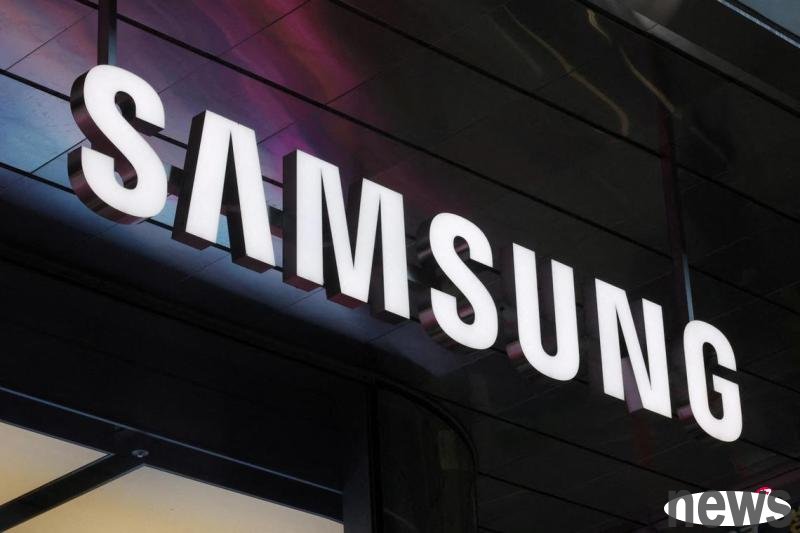This reflects that Samsung's chip business continues to lose market share in the era of artificial intelligence (AI). In the era of AI computing, HBM (High Bandwidth Memory) plays an important role, and with the emergence of ChatGPT in 2023, it...

This reflects that Samsung's chip business continues to lose market share in the era of artificial intelligence (AI).
In the era of AI computing, HBM (High Bandwidth Memory) plays an important role, and with the emergence of ChatGPT in 2023, it has seen explosive growth.
Samsung Electronics' second-quarter profit was 460 billion won (about S$4.3 billion), a sharp drop of 56% year-on-year. This is the first time that Samsung has seen a profit decline since 2023, and the decline exceeds market expectations.
technology is to greatly improve data processing speed by vertically stacking multiple DRAM (Dynamic Random-Access Memory) chips, surpassing traditional DRAM capabilities. It is a high-value and high-performance product. Since the birth of the first generation of HBM, this technology has developed to the sixth generation, including HBM2, HBM2E, HBM3, HBM3E, and today's most advanced HBM4.
According to a report released by analysis company Bernstein in June, SK Hynix is expected to reach 57% in 2025, Samsung is 27% and Micron is 16%.
In addition, Samsung recently announced that it would buy back 3900 billion won shares to boost investor confidence. Samsung's stock price fell and rose on Tuesday (July 8).
Samsung revealed that profits fell mainly due to weak demand from China and a decline in capacity utilization. Bloomberg Intelligence analyzed that Samsung's chip business may be affected by the U.S. restrictions on exporting AI chips to China and the increase in tariffs on electronic products.
At an earlier shareholder meeting, Quan Yonghui, head of Samsung's chip business, said that with the lessons of the past, Samsung promised not to repeat the same mistakes on HBM4, and the next generation of memory chips is expected to be used in Nvidia's Rubin graphics processor (GPU) architecture.
This failure has made Samsung continue to lag behind in the fiercely competitive and lucrative AI market. Despite the loss on HBM4, some Samsung investors still expect Samsung's performance to bottom out and rebound.
Bloomberg Industry Research also said that Samsung's profits in the third quarter may rebound with seasonal factors.
Under the craze for AI infrastructure construction, Samsung has been overtaken by its competitors SK Hynix and Micron in the high-bandwidth memory (HBM) market.
Samsung's second-quarter revenue was flat at 74 trillion won. The company plans to release its full report later in July.
Bloomberg industry research analysts say that SK Hynix has become Nvidia's main HBM4 supplier and has delivered the world's first 12-layer HBM4 samples in advance, while Samsung had to modify its HBM3E design and failed to obtain Nvidia's early certification.